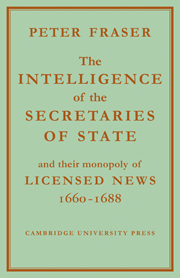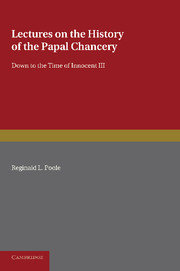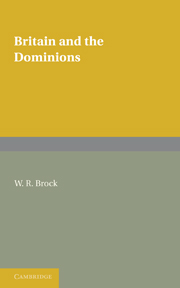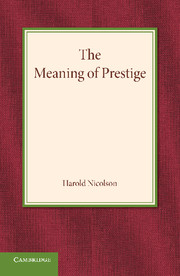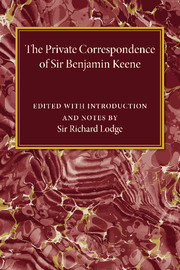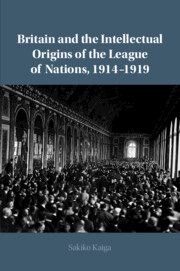The Intelligence of the Secretaries of State
And their Monopoly of Licensed News
£30.99
- Author: Peter Fraser
- Date Published: June 2011
- availability: Available
- format: Paperback
- isbn: 9781107608856
£
30.99
Paperback
Looking for an inspection copy?
This title is not currently available on inspection
-
In Restoration England the Secretaries of State performed the duties not only of a Home and Foreign Secretary combined, but also of a modern news-agency. This is a 1956 study in a vital function of seventeenth-century government, in communications, the dissemination of news, and the growth of articulate public opinion. Mr Fraser first shows the scope and nature of the Secretaries' responsibility for providing the Council with intelligence, their control of the Post Office, and their use of spies among the Dissenters and in Holland during the Dutch wars. The second part covers the continental system of news exchange, the Secretaries' correspondence with ambassadors, consuls, customs officers, postmasters and other, details of posts, and the sources of news published in the London Gazette and the newsletters from Whitehall.
Customer reviews
Not yet reviewed
Be the first to review
Review was not posted due to profanity
×Product details
- Date Published: June 2011
- format: Paperback
- isbn: 9781107608856
- length: 202 pages
- dimensions: 216 x 140 x 12 mm
- weight: 0.26kg
- availability: Available
Table of Contents
Preface
List of illustrations
Introduction
Part I. The Secretaries as the Eyes of the Government:
1. The use of spies
2. The control of the Post Office
3. Money spent on intelligence
4. The newsletter system
Part II. The Secretaries as the Voice of the Government:
5. The official printed news, 1660–88
6. The earliest Continental gazettes and English newsbooks
7. Prevailing attitude to printed news at the Restoration
8. Henry Muddiman introduces the official newsletter
9. Its raison d'être
10. Continental newsletters
11. Their connexion with the gazettes, illustrated by the example of Abraham Casteleyn
12. Muddiman's relations with Williamson, the Under-Secretary. The latter brings out the London Gazette
13. Both Secretaries share responsibility for the London Gazette
14. The kind of news in the Gazette and the official newsletters
Part III. Foreign Correspondents:
15. The business of the Secretary's office
16. Foreign posts used by the Secretaries
17. Arlington's foreign correspondents
18. The use of cover addresses
Part IV. The Division of the Fleet, 1666:
19. Circumstances of the division of the fleet, and the ensuing defeat
20. Attributed by a Commons Committee to a false intelligence
21. William Coventry and Arlington particularly blamed at Clarendon's investigation
22. Errors in the Committee's report on the 'want of intelligence' from abroad
23. Albemarle's information at the time the fleet was divided
24. The political background to the investigation by the Commons into the miscarriage of the Second Dutch War
25. Secretaries Morice and Arlington give an account of the intelligence
26. Williamson produces Arlington's papers
27. The effectiveness of Arlington's intelligence assessed, in detecting the state of Dutch naval preparations, and de Beaufort's movements, prior to the division
28. Opinions as to the relative efficiency of Thurloe
Part V. The Intelligence in the Third Dutch War:
29. Williamson's journal commenced before the outbreak of war
30. The missions of spies sent into Holland: Taylor, Langley, John Scott, Vernon, Nipho, Gelson
31. The Dutch fail to prevent a conjunction of the French and English fleets
32. Settled informants in Holland: Casteleyn, Timens, Hildebrand, Vlieyger, Boeckell, Tucker
33. Operations of the packet-boats to Holland
34. Movements of the fleets. The English and French surprised in Solebay
35. Other spying activities in Holland
36. Estimate of the Secretary's expenditure on intelligence in wartime
Part VI. The Secretaries and the Unlicensed News-Mongers:
37. The growth of an organized public opinion
38. Eventual failure of the Secretaries to uphold their monopoly of licensed laws
39. Some justification for the monopoly
40. The growth of coffee-houses, and the attempt to suppress them
41. The unlicensed newsletter writers
42. Expiry of the Licensing Act, 1679, and the Whig newspapers
43. Changing attitudes to printed parliamentary proceedings
44. Some Whig newsletter writers
45. Effects of the London Penny Post
46. The increasing resources of the unlicensed newswriters: their part in the Revolution. The end of the Secretaries' monopoly of licensed news
Appendices
Bibliography
Index.
Sorry, this resource is locked
Please register or sign in to request access. If you are having problems accessing these resources please email [email protected]
Register Sign in» Proceed
You are now leaving the Cambridge University Press website. Your eBook purchase and download will be completed by our partner www.ebooks.com. Please see the permission section of the www.ebooks.com catalogue page for details of the print & copy limits on our eBooks.
Continue ×Are you sure you want to delete your account?
This cannot be undone.
Thank you for your feedback which will help us improve our service.
If you requested a response, we will make sure to get back to you shortly.
×
